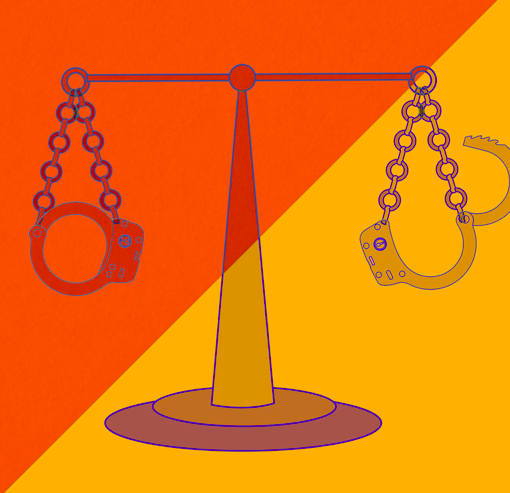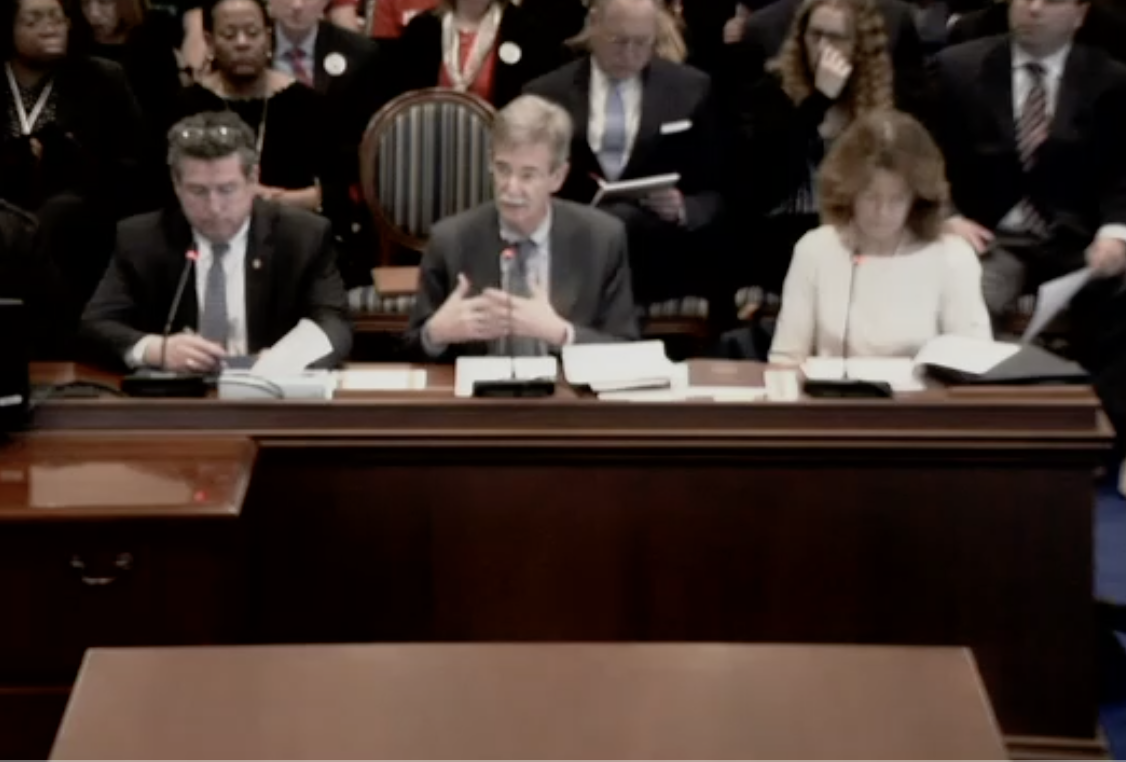Across our nation, courts have jailed increasing numbers of people, mostly black who are awaiting trial. In layman’s terms, courts are putting innocent people in jail for months or years just because they can’t afford to pay their bail.
Bail reform legislation has been introduced in Maryland every year since 2017. Despite the reforms passed that first year, it is a popular opinion that judges are ordering pretrial detention far too often and instead should be releasing those accused, but not convicted on non-financial conditions. Remember: even if you are accused of a crime, the American legal system provides a presumption of innocence until proven guilty. In 2014, 66% of the Maryland jail population consisted of detainees awaiting trial—those who were still legally innocent. So why are Maryland jails full of legally innocent pretrial detainees, especially when research shows most will have their charges dropped?
Fortunately, criminal justice warriors in Baltimore and nationwide are asking that question louder each year. In their 2016 report on “Citation in Lieu of Arrest” the International Chiefs of Police noted:
“As arrest numbers and prison populations have increased… stakeholders in the criminal justice system have sought ways to increase system efficiency, decrease costs, build trust between law enforcement and the public, protect the rights of the accused, and maximize public safety” (ICP, 2016, p. 6).”
The proposed solution: increase the use of citations rather than full custodial arrest in situation that allow for it. A citation is a “written order…issued by a law enforcement officer [that] requires a person to appear in a designated court or government office at a specified time on a specified date.” Maryland is no stranger to this approach. Current law allows citations for misdemeanors with a maximum sentence of 90 days or less, and marijuana possession. Maryland Alliance for Justice Reform calls for an even broader approach. It suggests providing citations for offenses that don’t involve serious injury and for offenses that offer a penalty of 18 months or less of jail time.
Not only would this help keep innocent people out of jail, but it would also reduce the negative impact pretrial detention has on our public safety. Did you know that after being detained for as little as 3 days makes a low-risk person 39% more likely to commit another offense? That statistic nearly doubles after 30 days of detention and it’s linked to a loss of employment, housing, familial support and other support systems no longer available to the detainee. If moral issues and public safety aren’t enough of a selling point, reducing the pretrial population can save taxpayers $100,000 per day that could be redistributed into communities, schools, prevention and treatment programs.
Need to see it to believe it? Illinois legislature recently passed the Pretrial Fairness Act, which means they are the first state to completely eradicate the use of money bail. HB 3653 SFA2
“creates a limited detention eligibility net and mandates pretrial release in the majority of cases; reforms the way people are treated when they miss court dates; ensures sentencing credit for time spent and movement permissions for people on electronic monitoring; regulates the use of risk assessment tools and ensures transparency and accountability through mandatory data collection and publication.”
In sum, these changes mean Illinois actually provides its citizens with the presumption of innocence they are constitutionally entitled to, and the pretrial freedom that comes with it. It also encompasses a commitment to public safety and support for its communities so they can flourish.
Getting to this point wasn’t easy or quick, and it took a lot of work from multiple groups looking to make these changes stick. Instead of just relying on statistics, they gave a platform to those directly impacted by money bail and pretrial incarceration, paid bail for those affected and provided the support necessary to process and see the experience through. It’s the personal stories from those actually affected that moved legislators and provided the public with a better understanding of the problem. The Baltimore Sun recently published an opinion piece about this issue, and there is a John Oliver segment that also discusses the issues with this system. Hopefully by calling more attention to this issue and by publicizing the horror stories our system is producing, Maryland and other states can follow in Illinois footsteps and make the necessary improvements to their justice system.



